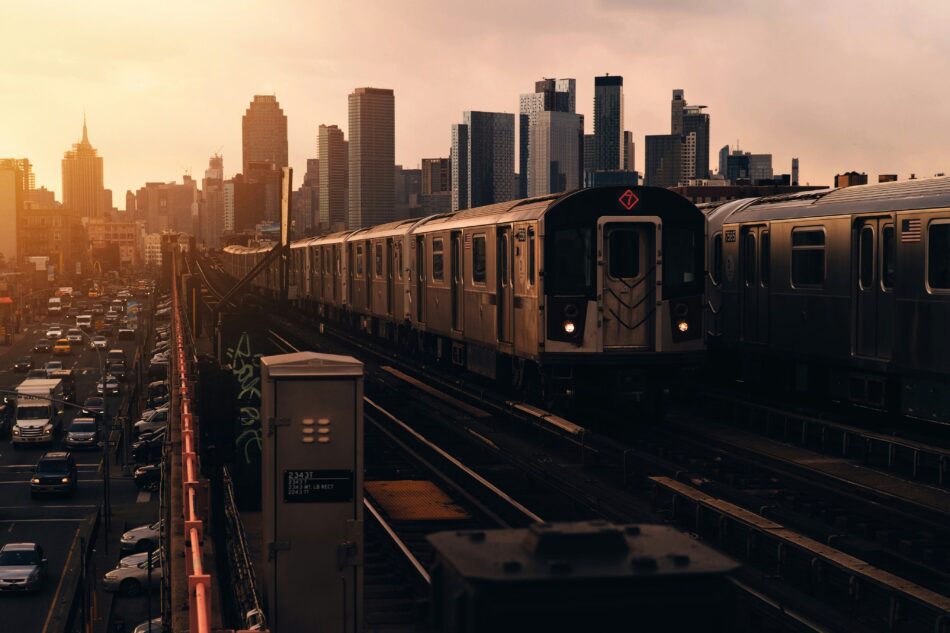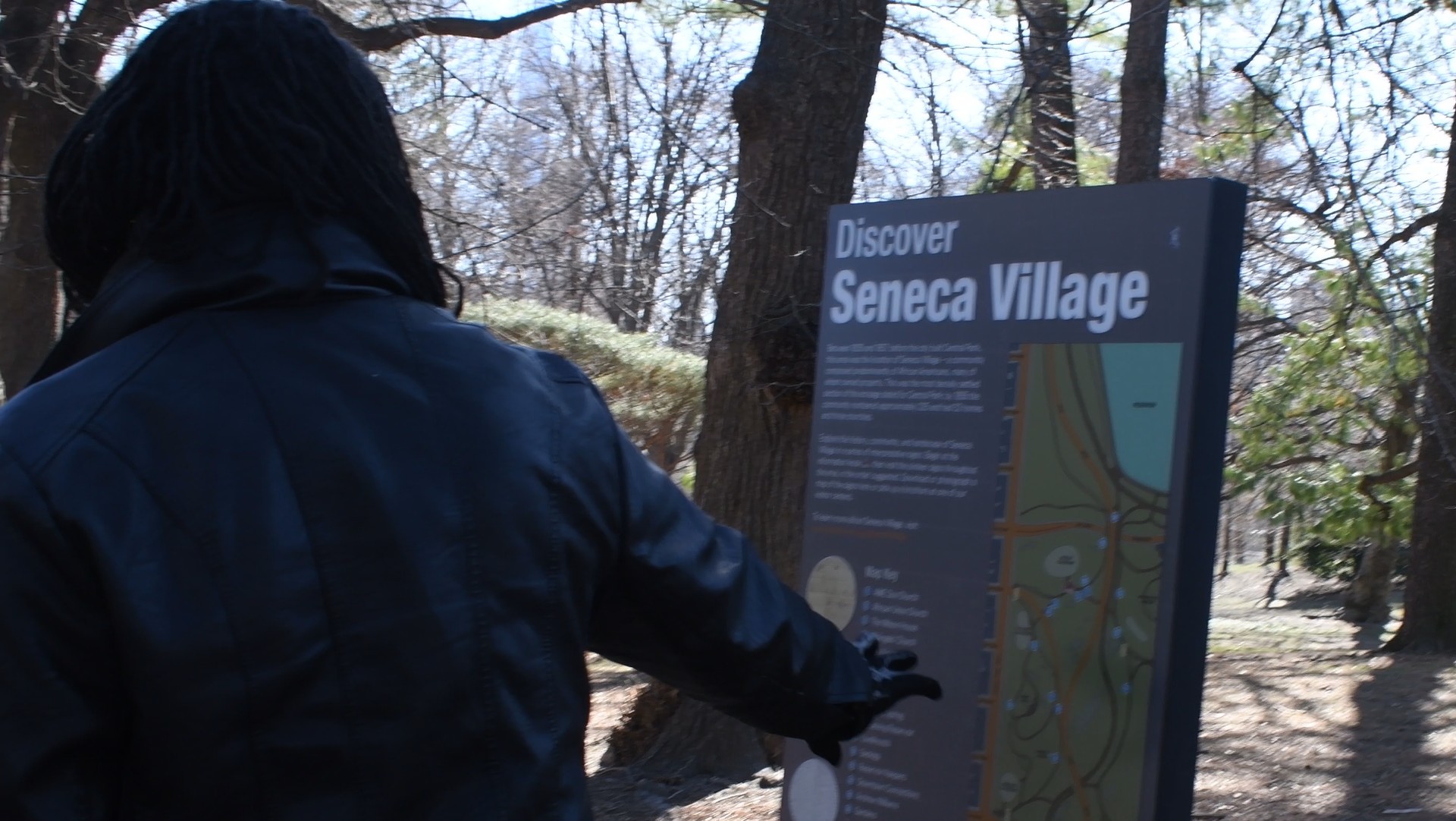Queens is home to some of New York City’s most diverse neighborhoods. In Flushing, you will find the Chinese; in Jackson Heights, you will find Southeast Asians. Moving West to Astoria, you’ll find Greeks and a rising Arab population. One can also find Italians, Brazilians, and Africans in Queens. Simply put, one can visit the world by going to Queens.
If you zoom in on Astoria and narrow down even deeper between Astoria Boulevard and 28th Avenue, you’ll find yourself in Little Egypt. The roots of Little Egypt go all the way back to 1987 when Kabab Cafe opened its doors as the first Arabic-Egyptian establishment in Queens. Kabab Cafe made way for the area’s many Egyptian and Mediterranean lounges and restaurants today.
While the title ‘Little Egypt’ may imply that the neighborhood has a strong sense of community, some residents may disagree. The neighborhood stands in solidarity on political issues, such as the Israeli-Palestinian conflict. Walking down Astoria Boulevard, most restaurants hang Palestinian flags or signs supporting a ceasefire. However, some in the community feel that Little Egypt needs places where the community can gather and support each other’s small wins, such as retirements or graduations.
Mocafe, which opened its doors last November, plans to be the place where the community can gather and share cultural experiences.
Jorge Siciliano, a cofounder of Mocafe, is in charge of producing the experience provided by the establishment. However, his story did not begin with the opening of Mocafe. His story is one of love and zeal. “Everything started 10 years ago when I was just a regular barista. I fell in love with coffee and serving coffee in general to people,” said Siciliano.
Due to his newfound love for coffee, Siciliano set on an odyssey to know everything there is to know about the country’s most popular caffeinated beverage.
“I realized that coffee is something important for everybody. At that moment, I felt like I needed to do something more with coffee. I started studying more about coffee and not just the preparation. I was studying roasting, farming, and processing,” said Siciliano.
Opening a cafe in New York was a dream come true for Siciliano, which came true through meeting his business partner Alex Abdul-Mubariz. “One year ago, I came to New York for the first time, and I met Alex. Alex Abdul Mubariz is the owner of the project. I told him my experience in Vienna [as a barista],” said Siciliano. “In general, with Alex, he also wanted to serve coffee. He knew about my knowledge of coffee. At that moment, he said, ‘I want to start building something.’”
Alongside Siciliano and Mubariz are Luis Rosales, Alvaro Rosales, and Joseph Mubariz. With this team, Siciliano built Mocafe into the experience that it is.
“We designed the bar and everything related to the kitchen with Alvaro. Alex designed the ambiance, the Arabic style, and the colors. It was another type of experience with a self-service station and a to-go space because everything is designed to be to go,” said Siciliano.
The communal space, painted green and white, provided by Mocafe is twofold. On one hand, it serves those who need a space to work. On the other hand, the establishment provides a place for people to enjoy the coffee experience all day long.
“We are open 16 hours per day. In the 16 hours, the first eight hours are for people who are working. The next 8 hours are for people who want to enjoy a coffee or coffee with someone. During the morning, it’s the people doing the home office work, for example, working from the computer. They prefer to take it here. It’s almost 100 percent of the people here. And then, after four, there are families and people who are returning to the house,” said Siciliano.
At Mocafe, Siciliano and his partners are not selling coffee but rather selling the story and the family experience. By staying connected to the farmers and highlighting their stories on social media, Mocafe can sell relationships and stories.
“We bring the coffee directly from the farmers, so we know who the farmer is and the story behind it. We sell stories. When I say we sell stories, it is not a regular cup of coffee. We know who processed it and how hard it was to process that coffee to bring it here. And we want people, or regular customers, to taste it like in a fika moment, you know? Fika is a moment in life where you enjoy a cup of coffee with someone special,” said Siciliano.
Running a business where you are personally connected to the farmers and closely involved in the process comes with its challenges. Logistics are importers’ biggest challenge in today’s chaotic and tumultuous landscape, which is true for Moface.
The most recent political instability in Guatemala disturbed the supply chain. Mocafe, for two weeks towards the end of last year, could not import any coffee. Moface also faces similar challenges in Yemen. Since Yemen has been at war for the last several years, it takes one year to import coffee from Yemen to Moface.
Further fostering the idea of a community, Mocafe has adapted its menu to the Egyptian and Mediterranean cultures. From some of its coffee items to some of its sweets, the customer is experiencing the fusion of some Middle Eastern cultures and American culture.
“What we are doing right now with Mocafe is first to understand our neighborhood and try to focus on what they want. For example, the Chaya Demi, Sabaya, and Honeycomb, these are pastries really famous in the Middle East. It is our best seller here. So continue being coffee, but there are other products that are best sellers here,” said Siciliano.
The big picture for Mocafe is to create a culture where farmers, processors, and the store benefit. Siciliano emphasized that Mocafe is more than a business. It stands as a guide to help farmers elevate their products and better present them to acquirers.
After each 16-hour operating day, Siciliano looks to transform what it means to be a coffee farmer. He intends to change the way farmers sell their coffee beans. “So what I want to do is make that difference. Help farmers sell the coffee like a luxury product,” said Siciliano.


